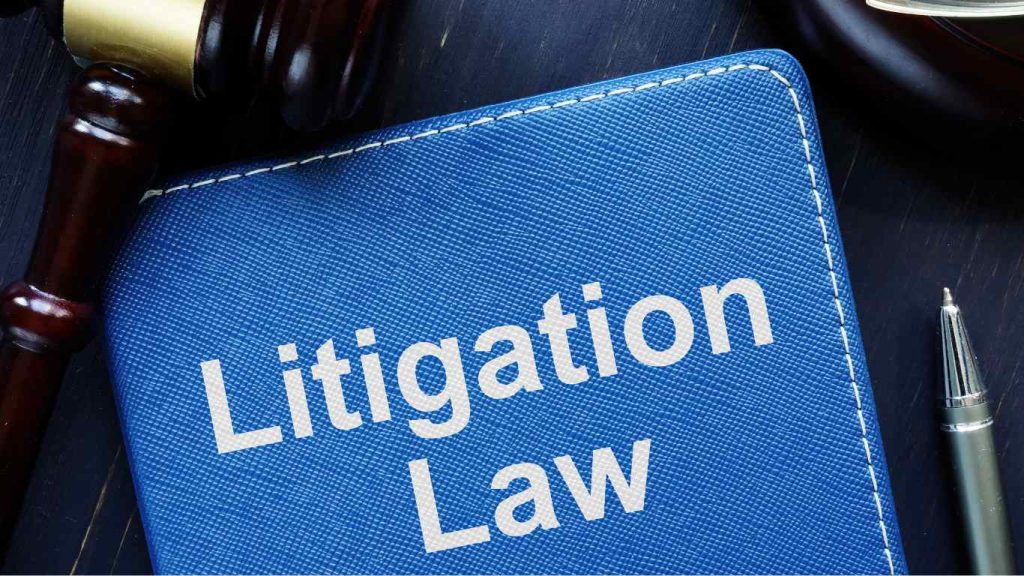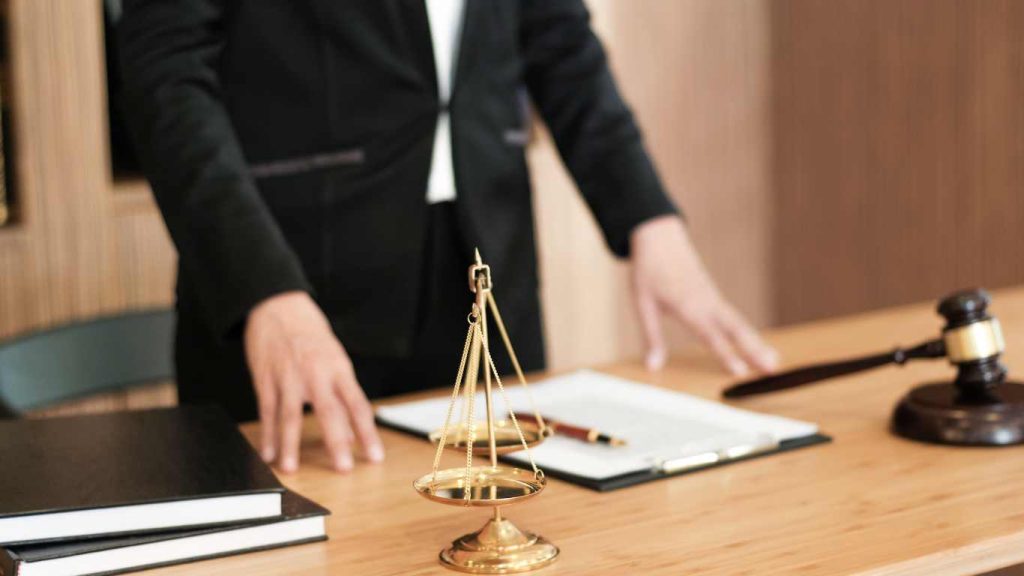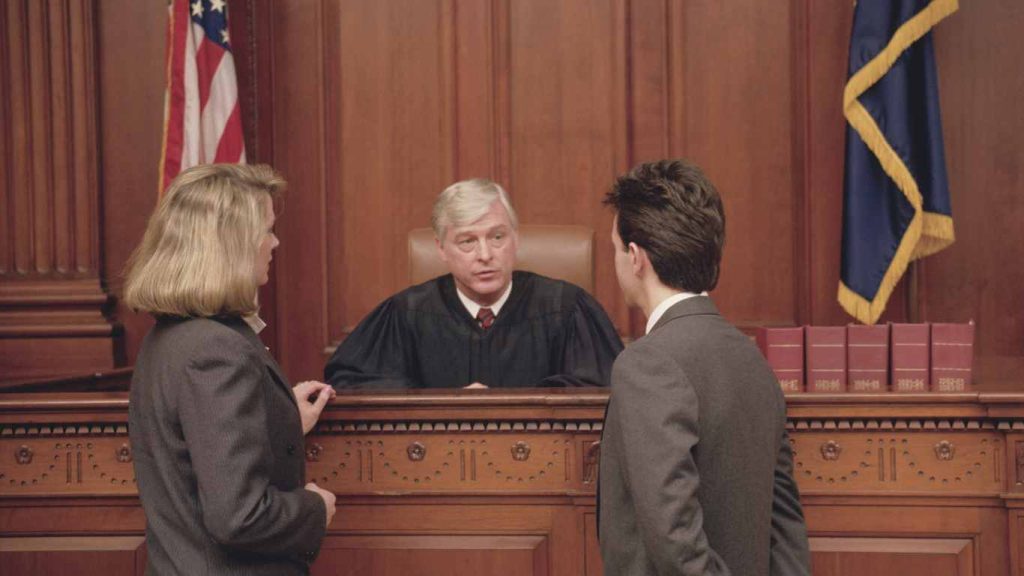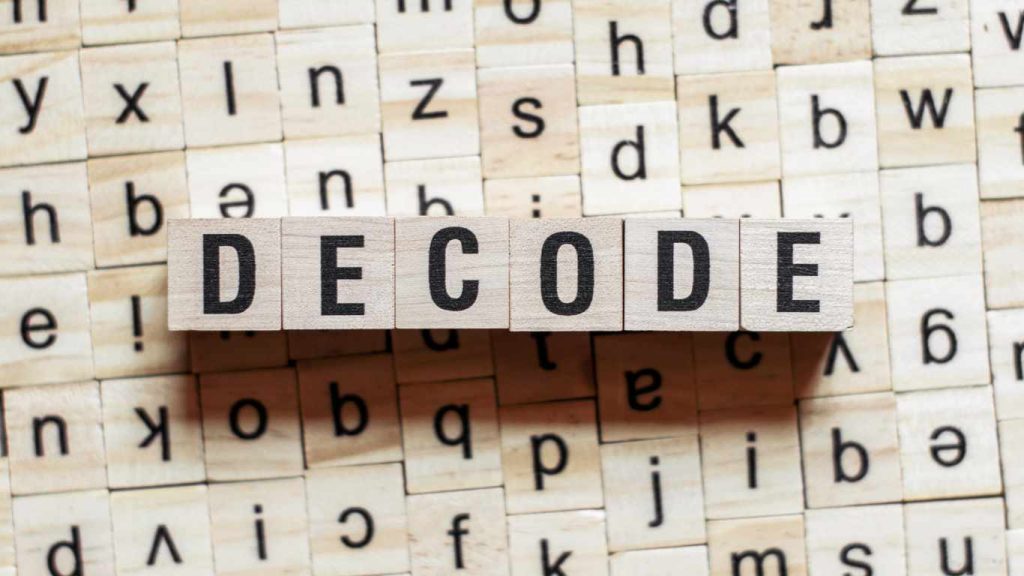Have you ever found yourself curious about the legal stuff you hear about? Some cases are settled with fines, while in some cases, the accused are sentenced to imprisonment! Well, here top lawyers explain how cases proceed differently according to allegations made by the complainant.
The legal proceedings can be broadly categorised into civil and criminal litigation, each governed by distinct laws and procedures. Understanding the key differences between these two types of lawsuits could be extremely helpful if you ever find yourself in a difficult circumstance. Remember, knowledge is the power that allows you to identify the type of action to pursue when you face legal concerns.
This blog highlights the key differences between civil and criminal litigation according to the law.
Civil Litigation

The term “Civil Litigation” refers to the legal process in which private parties, such as individuals or organisations, seek resolution for disputes through the law. These conflicts frequently centre on things like property rights, contract violations, personal injury, and family law-related concerns. To seek retribution or compensation for perceived harm or wrongdoing, one party (the plaintiff) files a civil litigation lawsuit against another party (the defendant).
An organised legal procedure is usually followed in civil litigation, which includes filing a complaint, pre-trial motions, trial, and possible appeals. Discovery is the process by which parties exchange information and evidence. In contrast to criminal trials, the goal of civil action is frequently to gain specific remedies or compensation instead of punishment. Judges legal service providers are crucial in assisting the parties during this procedure and guaranteeing a just conclusion.
Examples of civil law cases
- Family disputes include divorce, dissolution of civil partnerships, children’s issues, and childcare arrangements.
- Personal injury cases include road traffic accidents, medical and clinical negligence, slips, trips, and falls.
- Breach of contract or promise, such as when money is unpaid, or a contract isn’t honoured.
- Employment law, for example, where an employee suffers discrimination.
Civil law proceedings determine whether or not the accused person or organisation, known officially as the defendant, owed the claimant a duty of care. An employer, for example, is responsible for caring for their employees if an employee is injured at work, so your lawyers must be able to demonstrate that the employer breached their duty of care. This violation resulted in the claimant’s damage.
Here are key aspects of civil litigation in the Cayman Islands
- Initiation of Proceedings: Civil proceedings are initiated by a private individual or entity with filing a complaint or lawsuit against another party, known as the defendant. The first party (plaintiff) seeks legal remedies such as compensation or financial damages.
- Legal Representation: Parties involved in civil disputes typically engage in legal representation. So, hiring a lawyer will play a crucial role in advising, preparing legal documents, and presenting cases in court.
- The Burden of Proof: This refers to the responsibility that the plaintiff (the party bringing the case) must demonstrate sufficient evidence of their claims. It’s also described as the “balance of probabilities.”
- Court Hearing Process: Civil cases involve various processes like pleadings, pre-trial motions, trials, and other potential appeals to ensure a fair proceeding.
- Alternative Dispute Resolution (ADR) Or Settlement: Many jurisdictions, parties engaged in civil litigation may explore alternative dispute resolution methods such as mediation or arbitration to resolve their issues outside the courtroom.
- Resolution and Remedies: Civil disputes often conclude with settlements that may include monetary damages, injunctions, or other equitable relief as determined by the court in final judgement.
- Enforcement of Judgments: Once the judgement is delivered, the prevailing party may need to take steps to enforce the judgement, especially if the losing party does not comply willingly.
Involved in a Civil Case? Get Professional Legal Help Today
Navigating a civil case demands legal expertise, so hire a trusted Cayman Islands legal service firm. An experienced lawyer ensures a comprehensive understanding of your rights, strategic case assessment, and adherence to intricate legal procedures.

With skilled negotiation, courtroom representation, and access to legal resources, lawyers become a crucial ally. From maximising damages to exploring alternative dispute resolution, their expertise safeguards your interests. In the emotionally charged landscape of civil disputes, a professional attorney provides objective advice, making merit-based legal decisions.
Criminal Litigation
Criminal litigation refers to the legal process that unfolds when an individual or entity is accused of committing a criminal offence within the jurisdiction. Criminal law essentially relates to offences and breaches against the public, society, or the state rather than just one person. This multifaceted legal journey encompasses the accused party’s investigation, charging, trial, and potential sentencing. Beyond compensation, the goals of criminal litigation include punishment, deterrent, and maintaining public order.
Examples of offences that breach criminal law
- Criminal damage
- Sexual assault
- Murder
- Fraud
- Money laundering
- Drug dealing
If someone is found guilty after the trial, the court will give them punishment as outlined in the law, usually a fine, imprisonment, or both. But unless proven guilty, they are presumed innocent. So, courts play crucial roles in serving justice as well as maintaining law and order.
Key aspects of criminal litigation in the Cayman Islands
- Nature and Purpose: Criminal litigation is actioned by the state against a person, organisation, or group of persons accused of a crime. The principal goal is to punish criminals, maintain public order, and effectively apply state laws.
- Initiation of Proceedings: Law enforcement agencies or government prosecutors initiate criminal proceedings based on evidence suggesting a crime has been committed.
- Charging and Arrest: Authorities may formally charge the accused upon gathering sufficient evidence. This often leads to an arrest, with the individual taken into custody pending legal proceedings.
- Appearance and Bail: The accused is brought to court after being arrested by local police within the time frame before starting the trial. The court may grant bail or remand the accused in custody during trial, depending on the crime’s seriousness or the offence’s nature.
- Defence and Trial: In a criminal trial, the accused have the right to legal representation, which is crucial for protecting their rights. Usually, the government provides a defence lawyer to the accused, who plays a crucial role in reviewing evidence, questioning witnesses, and presenting a robust defence. The prosecution needs to prove the accused’s guilt with strong evidence and legal arguments so laws can serve the truth.
- Verdict: After completion of the trial, if the accused is found guilty, the court may punish with fines, imprisonment, or a combination of both, depending on the severity of the offences.
- Appeals: The legal process allows for appeals if the accused is dissatisfied with the verdict or sentence. Higher courts will hear the appeal to review legal errors or assess new evidence.
Involved in a Criminal Case? Get Professional Legal Help Today
If you’re entangled in a criminal case in the Cayman Islands, securing professional legal help is paramount. A trusted law firm stands ready to assist. Our experienced lawyers navigate the complexities, ensuring a strategic defence tailored to your case. We prioritise understanding your rights, delivering skillful defence, and striving for a just outcome.
Key Differences Between Civil and Criminal Litigation
Understanding the distinctions between civil and criminal litigation is crucial for individuals and businesses navigating the legal terrain in the Cayman Islands. A good way to remember the key differences when considering criminal vs. civil law is this summation from William Geldart in An Introduction to English Law: “The difference between civil law and criminal law turns on the difference between two different objects which law seeks to pursue – redress or punishment.” In other words, criminal law seeks to punish for an offense.
The following key differences illuminate the unique characteristics of each:
- Standard of Proof:
- Civil cases require a balance of probabilities.
- Criminal cases require proof beyond a reasonable doubt.
- Initiation and Prosecution:
- Private individuals or entities initiate civil cases.
- Criminal cases are initiated and prosecuted by the state.
- Nature of Remedies:
- Civil remedies are generally compensatory or equitable.
- Criminal penalties focus on punishment and deterrence.
Can an individual be subject to both criminal and civil proceedings for an offence?

Yes, the individuals can face both criminal and civil actions for the same incident. For instance, a person charged with reckless driving may undergo criminal proceedings resulting in fines or imprisonment. Simultaneously, victims of the incident may file a civil lawsuit, seeking compensation for damages. The legal systems operate independently, each with distinct objectives—criminal cases focus on guilt and punishment, while civil cases address restitution for harm. If both criminal and civil proceedings are underway simultaneously, the criminal proceedings will usually be heard first.
Conclusion
In decoding the difference between civil and criminal litigation, we explore everything from the initiation of filing cases to the final verdict in both cases. We hope this comprehensive guide ensures individuals and businesses can confidently go through the legal process, understanding their rights and pursuing justice in the unique dynamics. Lawyers can provide invaluable assistance in ensuring a fair and just resolution in civil or criminal cases.

